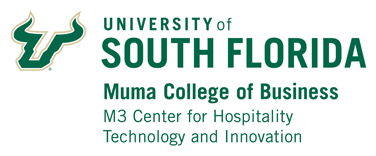Abstract
The study was designed to explore how Expo 2020, as one of the first mega-events to be hosted in the Middle East, was undertaking steps to avoid many of the negatives of such events, termed mega-event syndrome (MES). A qualitative approach was adopted, where 5 elite face-to-face interviews were conducted with senior officials within Expo 2020 who could offer detailed insights into the planning of the event. Participants were purposefully selected based on their knowledge and experience within Expo 2020. Participants felt that Expo 2020 was not exposed to many of the symptoms of MES largely because of Dubai’s pre-existing tourism reputation, the strategic plan of using the Expo as a catalyst for further tourism and infrastructure development, and the highly involved nature of local government. This is one of the first studies to investigate mega-events hosted within the GCC (Gulf Cooperation Council) and one of the few to consider the steps being taken by the organizing team pre-event. This offers new and valuable insights to future event organizers as they plan mega-events to help them avoid some of the many negatives associated with mega-events.
Keywords
mega-event syndrome, Expo 2020 Dubai, mega-events, Middle East, Dubai events
ORCID Identifiers
Zehra Abdulla: https://orcid.org/0009-0007-3296-4073
Christopher S. Dutt: https://orcid.org/0000-0003-0219-0277
DOI
10.5038/2771-5957.3.2.1052
Recommended Citation
Abdulla, Z., & Dutt, C. S. (2024). Reducing mega-event syndrome: A case study of Expo 2020. Journal of Global Hospitality and Tourism, 3(2), 124-139. https://www.doi.org/10.5038/2771-5957.3.2.1052
Creative Commons License

This work is licensed under a Creative Commons Attribution-Noncommercial 4.0 License
Included in
Business Administration, Management, and Operations Commons, Hospitality Administration and Management Commons, Tourism and Travel Commons


